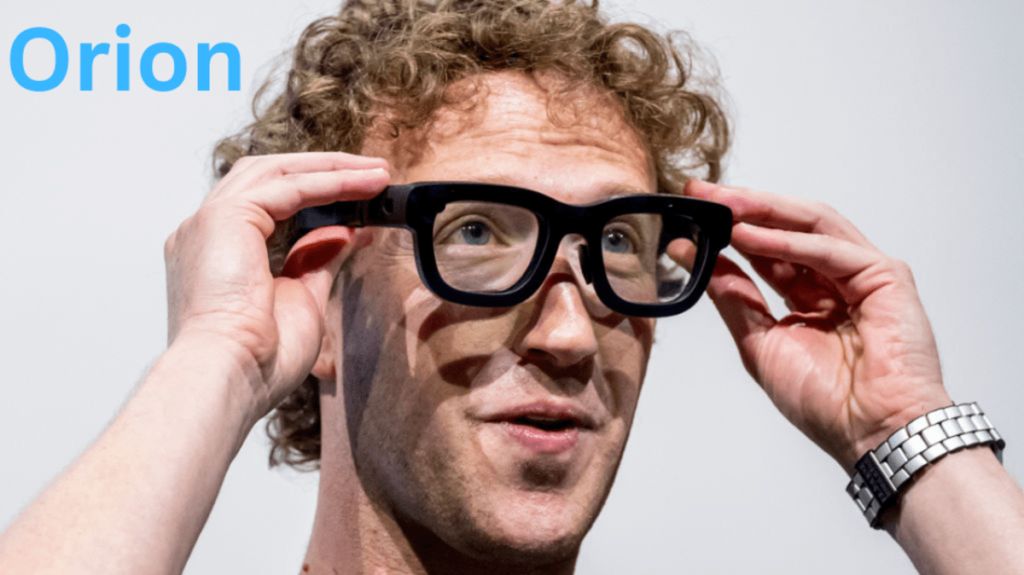At Meta’s Connect developer conference, CEO Mark Zuckerberg introduced Orion, an innovative pair of smart glasses poised to drive the next evolution in personal computing.
A New Era of Smart Glasses Technology
Meta has led online social connections for 20 years but missed the smartphone wave that powered those interactions. Now, in a bold, multibillion-dollar push, Meta is focusing on wearable computers to stay ahead in connected hardware.
At its annual Connect event in Menlo Park, Meta unveiled the Oculus Quest 3S, a more affordable VR headset, and updated AI-powered Ray-Ban Meta smart glasses. However, the spotlight was on Orion, a prototype of holographic display glasses. According to CEO Mark Zuckerberg, this project has been in development for 10 years.
Zuckerberg highlighted that Orion goes beyond typical smart displays. He claimed that these glasses are so interactive, they could replace smartphones for many daily tasks.
Pushing Boundaries with Advanced Technology
Orion glasses are not just another smart display. Meta CTO Andrew Bosworth called them “the most advanced technology humanity has ever produced.” These glasses use a unique neural interface that interprets brain signals via a wrist-worn device. While still a developer-only product, Meta is betting on Orion to redefine how we consume content and interact with the digital world.
The innovative display technology goes beyond traditional flat screens, creating volumetric, 3D images with depth and shape. This makes the visual experience much more engaging than typical augmented reality devices.
Meta’s Place in the Competitive AR Market
Meta’s push into smart glasses places it in direct competition with Apple, Samsung, and Snap. Apple recently launched a $3,500 VR headset, while Snap’s developer-only holographic glasses focus on creating mixed-reality experiences. In contrast, Meta aims for mass-market appeal with its more affordable offerings, such as the $300 Meta Quest 3S and Ray-Ban Meta glasses.
Meta’s Orion glasses, however, are still experimental, with no set release date or price. Whether they will fully integrate into everyday life like smartphones remains uncertain. Still, if successful, Orion could be the foundation of a new era of personal computing, possibly making smartphones obsolete.
Zuckerberg’s vision for the future of technology is ambitious, but as he said at the event, “These glasses exist, they are awesome, and they are a glimpse of a future that I think is going to be pretty exciting.”
Also Read About –
Google and Meta Challenge AI Regulations in the UK and EU
Mastercard Leverages AI to Tackle the UK’s Growing APP Fraud Crisis
